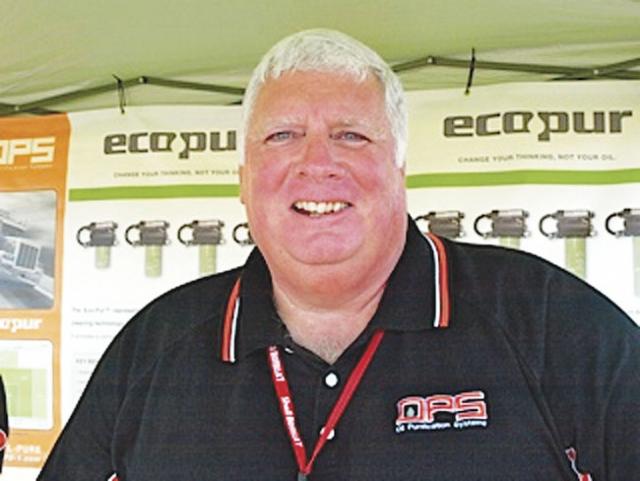Why Lube Oil Fails

It has been common knowledge since the early 1900’s that the base oil does not break down, it becomes contaminated with solid and liquid contaminants and the additive package fails to properly protect engine. The used oil can be recycled as a base oil, by removing the contaminants and reformulating the oil with a new additive package. Keeping oil free of these contaminants and maintaining proper oil levels will reduce the rate of deterioration of your oil to keep the engine running more efficiently.
The additives in lube oil fail when oil is over heated, contaminated with liquids or solid particulates that cause the oil to lose the ability to properly protect the engine from metal on metal wear damage.
Having a failure of a cooling system with a blown hose or defective cooling fan will cause overheating issues, as well as pulling a heavy load upgrade for an extended period of time. The number one reason for overheating occurs when the engine oil levels are not properly maintained and there is insufficient oil to properly dissipate the heat caused by combustion. A close second is the flow of oil not maintained at normal operating flow rates. This is due to oil filter or galley way blockage caused by sludge, defective oil pump, improperly maintained oil filters or oil leakage. Engines today run hotter with double turbochargers and some engines are experiencing gelling issues in filters caused by antifreeze intrusion that restricts flow and lowers oil pressure. Checking and topping of oil frequently, changing filters timely, maintaining engine to avoid leaks and paying attention to oil pressure will usually prevent overheating issues. Remember, running one gallon low reduces 10% of the engine’s oil, placing extra stress on the remaining oil to dissipate heat.
Liquid contaminants; water, diesel fuel and glycol contaminate oil causing the formation of acid, increasing oxidation, sludge and deterioration of additive chemicals. The water reacts with the sulfur and nitrogen in oil to form sulfuric and nitric acids as well as adding oxides to oil that corrode and rust engine parts. Diesel fuel will decrease the viscosity of the oil and affect the film strength of the oil to properly bond with metal parts. It is this oil film that protects engines from metal to metal wear. Once the film is compromised the wear levels increase rapidly. Glycol does not enter the oil during normal operation but by some defect in coolant system causing intrusion. Unfortunately since the advent of EGR and Oil Coolers there is an increase in glycol intrusion in engines. The glycol coagulates soot creating oil balls that cause blockage to oil filters that will react with the anti-wear additive zinc that bonds to metals to prevent metal to metal wear. The removal of zinc and the oil balls will cause bearings and moving parts to deteriorate and lead to engine failures if not discovered and corrected as soon as possible.
Solid contaminants, soot, dirt, and wear metals will eventually accumulate in quantities that will affect the oil’s ability to properly flow and dissipate heat. Soot, dirt, oil and water will create sludge that blocks galley ways and filter operation. Wear metals will become trapped between tolerances and cause additional wear. Using a good quality full flow filter with a secondary by pass filter will help decrease the accumulation and allow for longer useful life of the oil.
Keeping oil free of liquid and solid contaminants will extend the life of your oil and engine, reduce oil maintenance expenses and put more $$$$ to your bottom line.
Any questions or suggestions for topics for this column please email me at:[email protected]
